Which anti-corrosion agent is best for a car
The car must be regularly treated against corrosion during operation. when driving, it is destroyed from scratches, blows caused by small pebbles. Moisture gets into the damage, which causes corrosion processes. Anticorrosive agents, or anticorrosion agents, are designed to prevent the development of these processes, protect against the formation of rust. Today there is a wide range of anti-corrosion materials, so motorists have a question, which anti-corrosion agent is better for their car, what is the best way to process the bottom of the car, and what is the body, hidden surfaces.
Advantages of using anticorrosives
Some car owners do not use anti-corrosion materials to protect their cars. Meanwhile, their use provides many advantages:
- extends the service life of parts;
- acoustic comfort increases, as the knock from the pebbles becomes quieter;
- costs for anti-corrosion materials are much lower than for repair/replacement of parts.
Types of anti-corrosion agents
Types of funds depending on the use.
When deciding which anti-corrosion agent is better, first of all, keep in mind that the products differ in different parameters, one of which is the place of their application. According to the intended use, anticorrosives can be divided into two large groups.
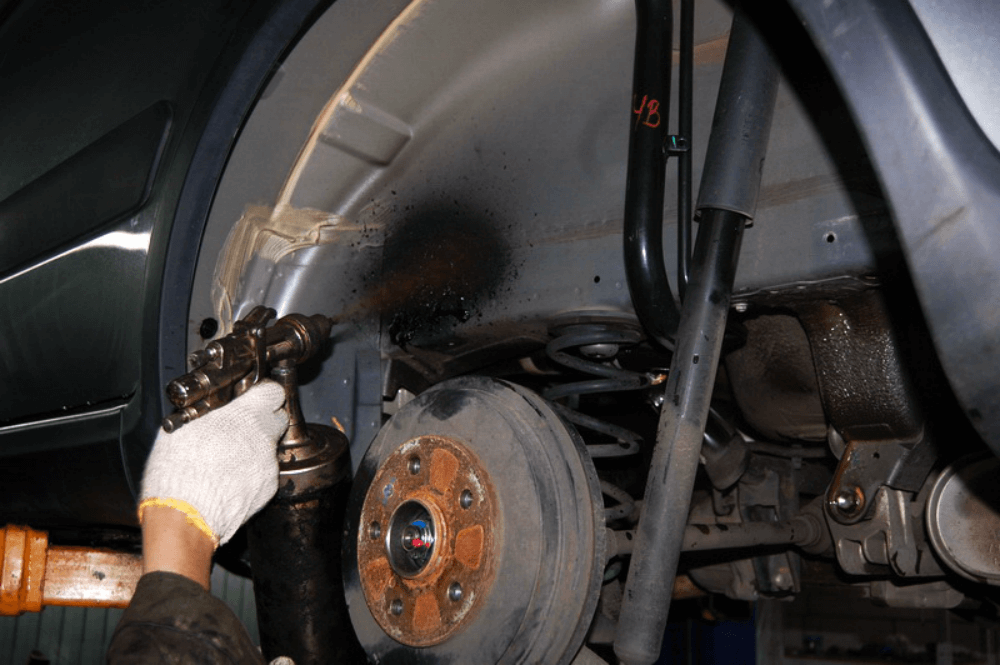
For hidden surfaces.
Anti-corrosion for hidden surfaces should have the following properties:
- a high degree of adhesion (adhesion of the surface of the car and the vehicle);
- homogeneous structure;
- film elasticity;
- fill microcracks that are not visible to the eye;
- prevent the ingress of electrolytes, moisture.
Usually made on the basis of oil or paraffin. They are in a liquid state. These anti-corrosion preparations have a long shelf life.
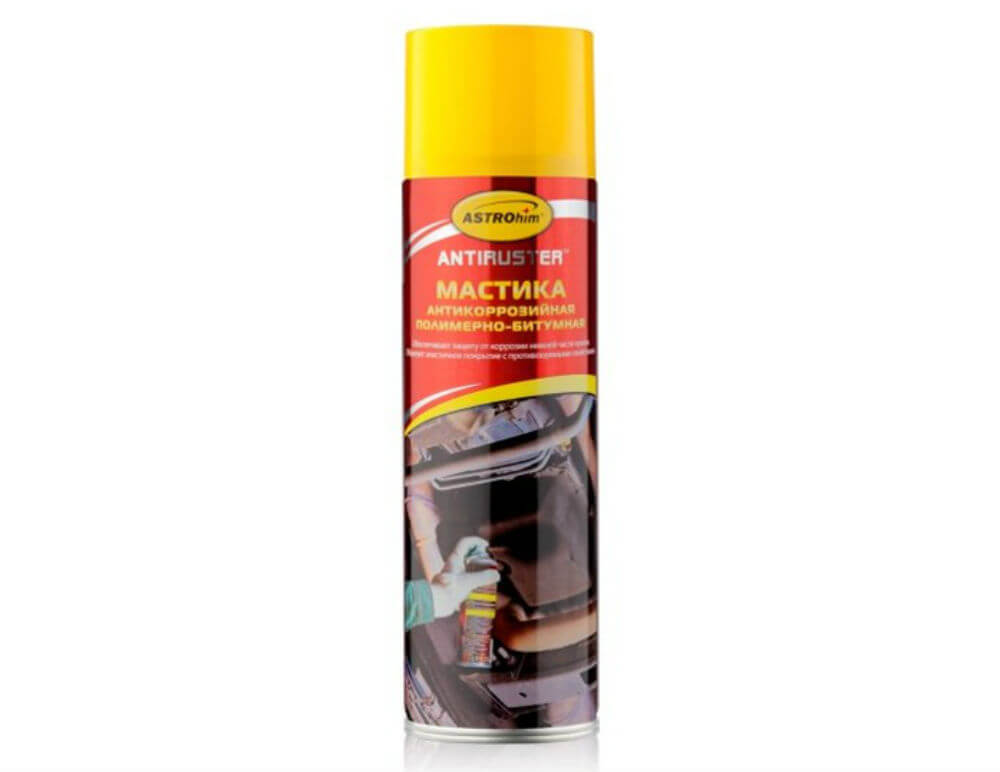
For external surfaces.
These means protect the body, bottom, wheel arches from corrosion. Basic requirements for them:
- protect against exposure to electrolytes;
- have the highest degree of adhesion;
- be flexible;
- withstand mechanical deformations;
- do not flake off;
- do not crack.
The most common of these products are bituminous mastics, made on the basis of synthetic and bituminous resins; liquid plastic, rubber-based coatings.
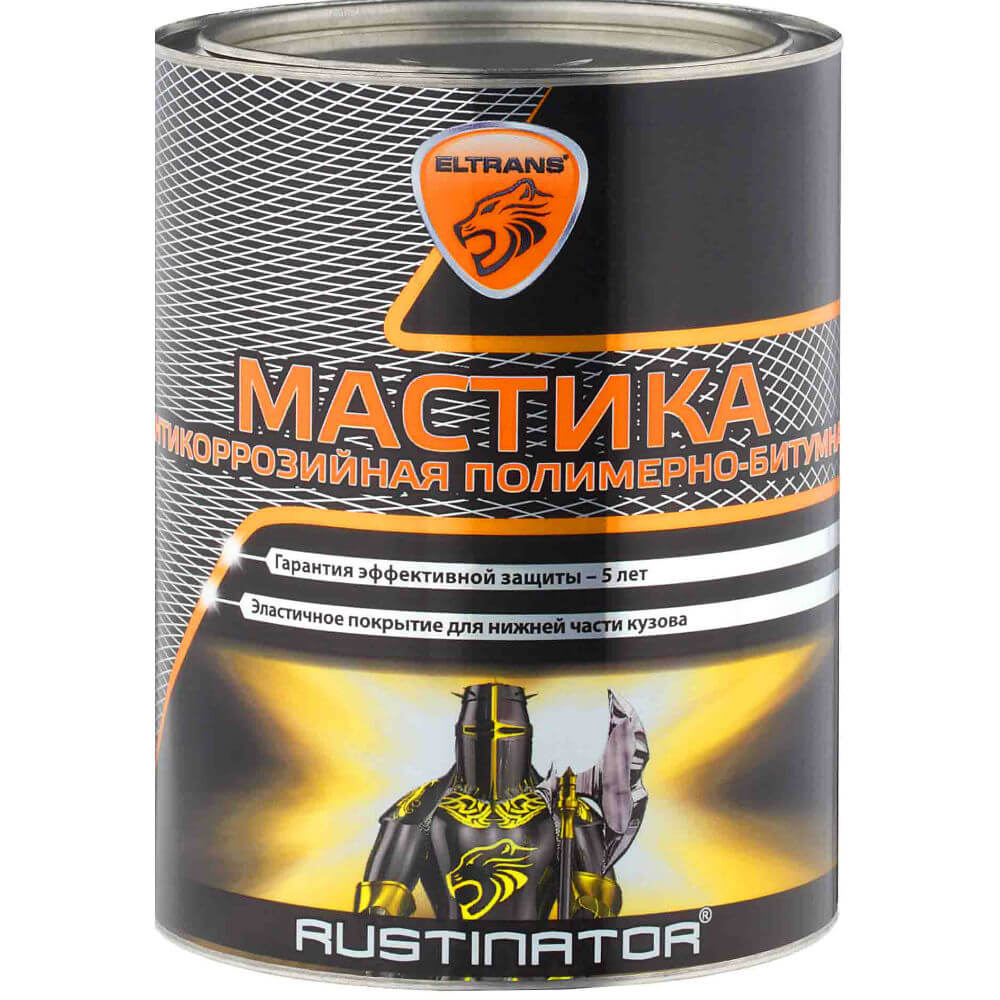
Classification by application methods, composition
If you are thinking about the best way to treat the car body from corrosion, then, of course, choose anticorrosive for external surfaces. Anticorrosive agents for easily accessible auto parts produce the following.
Bituminous mastic
Produced on the basis of resins, protects the surface from mechanical influences, has the ability to preserve the metal. Apply it in a layer of 250-400 microns. Inhibitors that slow down the corrosion process, dispersed metal (formerly aluminum, now more often bronze, zinc) can be added to the composition. Excellent from environmental influences, mechanical damage. They serve as good noise insulation, reduce the level of vibrations of body elements, the resonance frequency of parts.
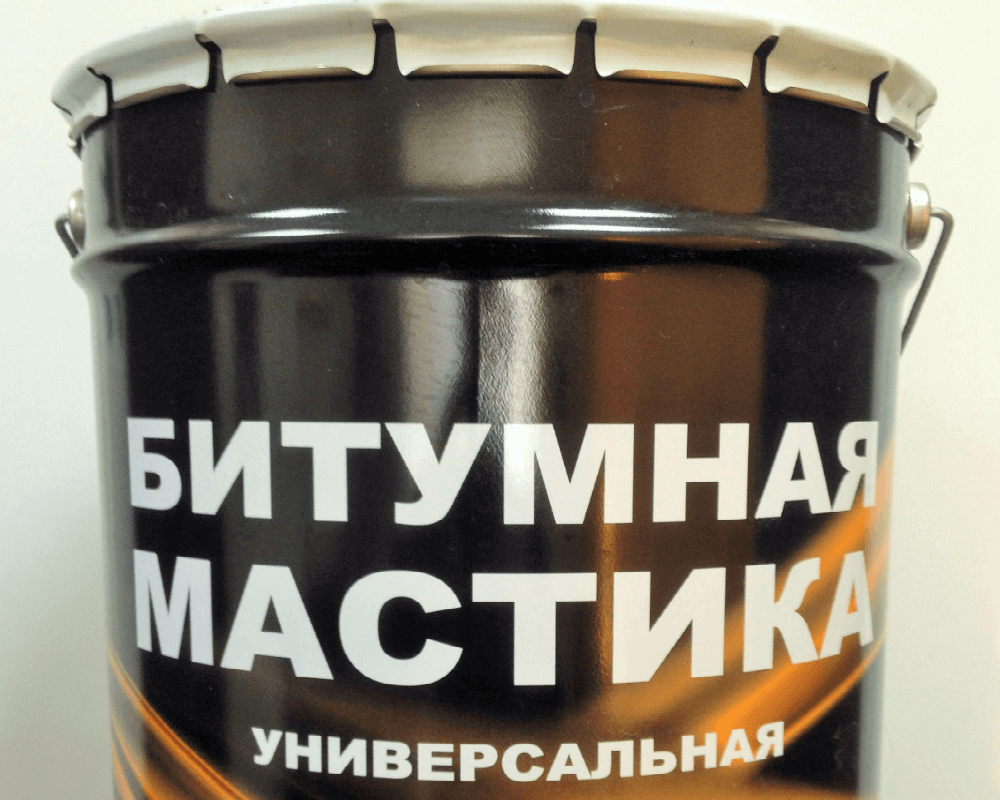
Anticorrosive based on PVC, rubber
The most durable anti-corrosion agent applied at the factory. The polymer is melted, then applied to the metal surface. Very elastic drug, with high adhesion.
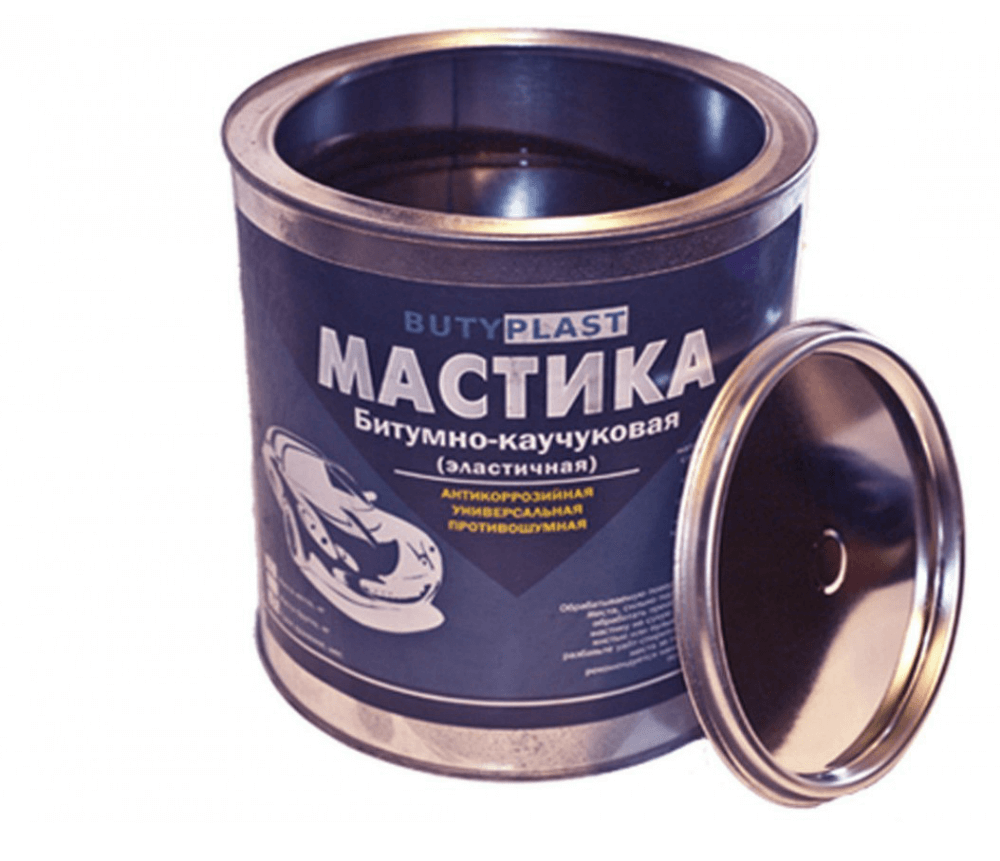
liquid plastic
Medium with low mechanical resistance. Suitable for sills, wheel arches, the front of the hood as an additional protection. On the body as the main means of protection is not recommended.
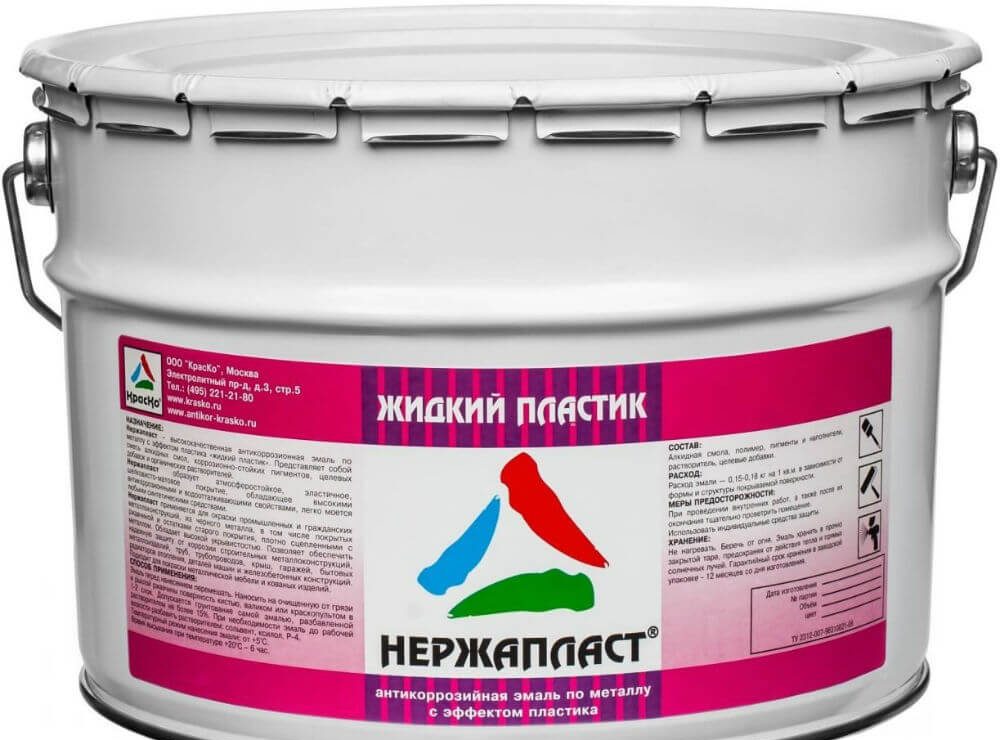
Slate mastic
It will help to solve the problem, the better to process the bottom of the car. It is used on the bottoms, when processing the wings, the inner surfaces of the wheel arches.
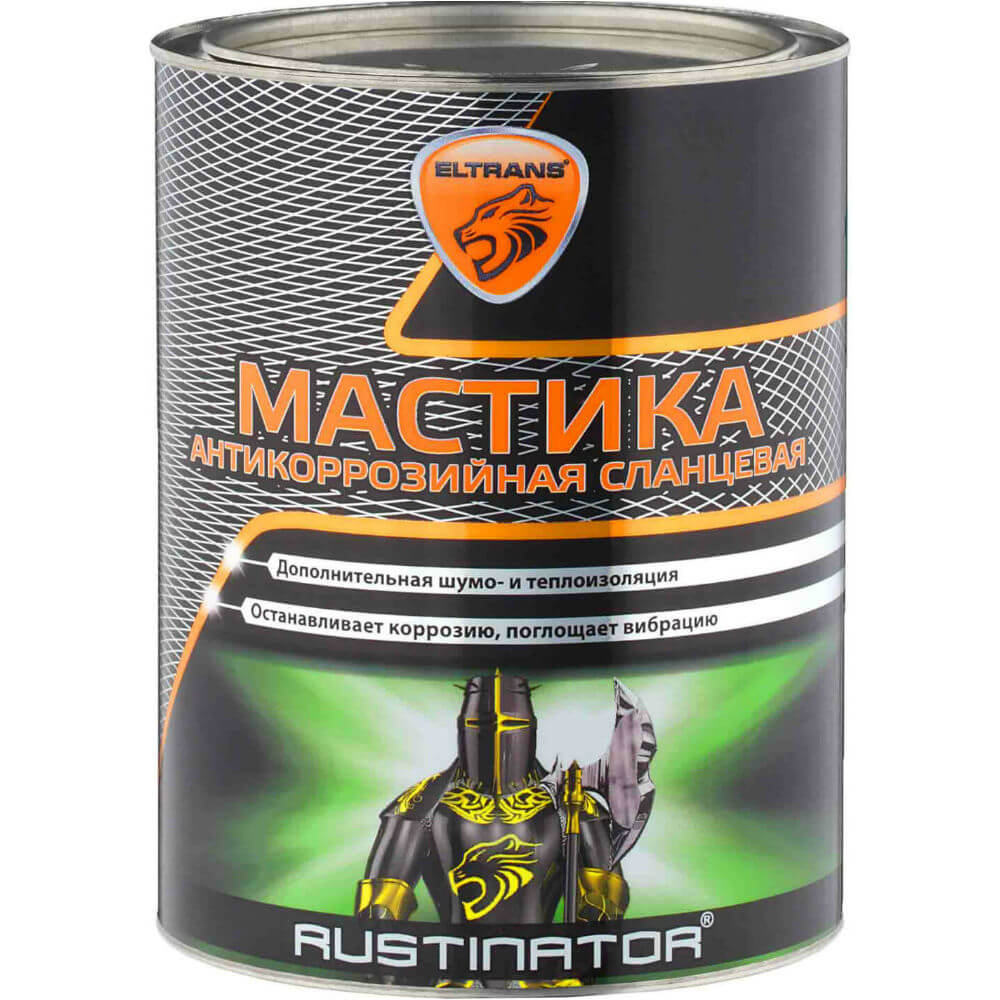
Antigravel
Creates a layer that prevents mechanical impact, rust. Let's apply to processing of bumpers, thresholds, spoilers, doors.
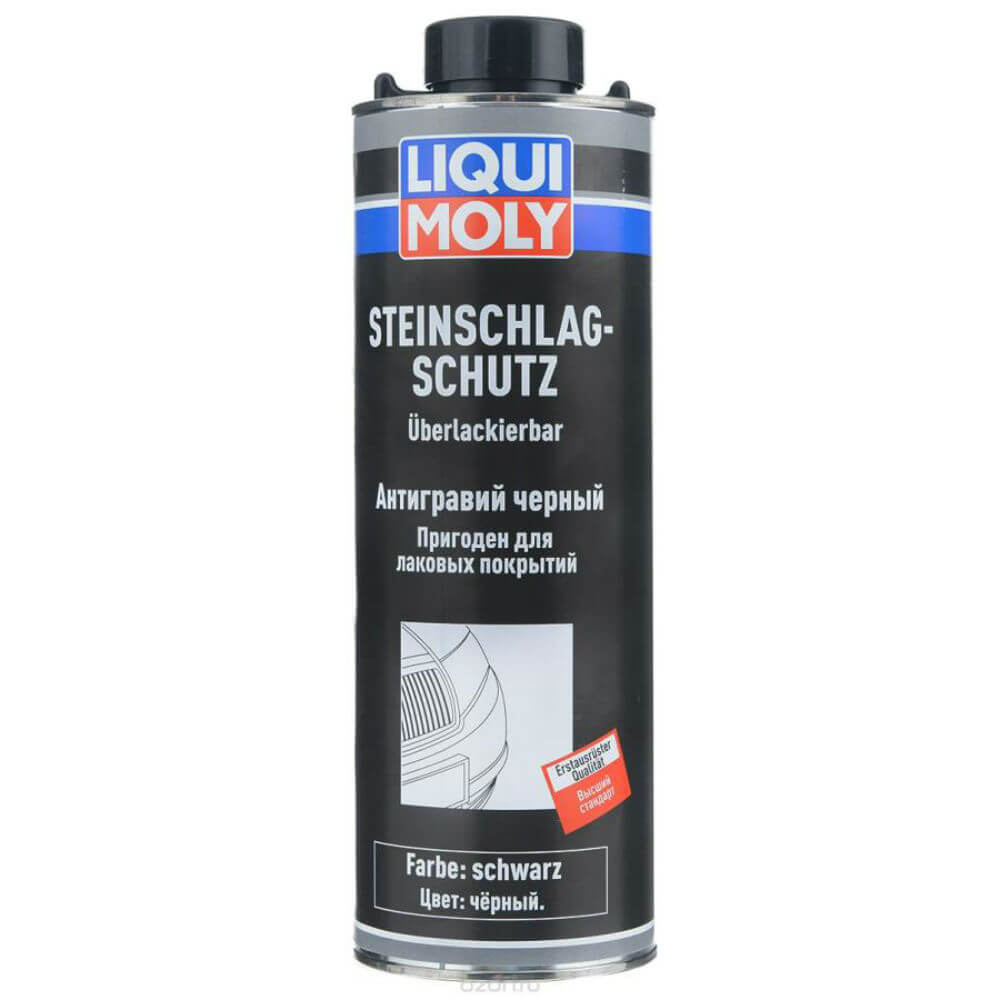
The following anticorrosives are applied to the hidden parts of the car:
- Oil-based, non-drying formulations. Anticorrosive remains in a liquid state after application,.
- Paraffin-based formulations. After drying, an elastic film is formed. The drug retains anti-corrosion properties at strong temperature differences.
The best anti-corrosion agents
Anti-corrosion for cars: which is better? This question will complicate the specialist, because it is impossible to choose any universal anti-corrosion agent from the widest range offered by manufacturers. The main thing is that the tool fits the stated requirements and is affordable. Consider a few of the drugs so that you can choose a few of them.
1. Dinitrol
Manufactured in Sweden. Highly appreciated by car owners. Qualitatively protects external surfaces from corrosion: body, bottom, wheel arches. There is no unpleasant smell. Complete drying is not required. Please note that the product must be applied to a cleaned surface. The cost is 400-500 rubles.
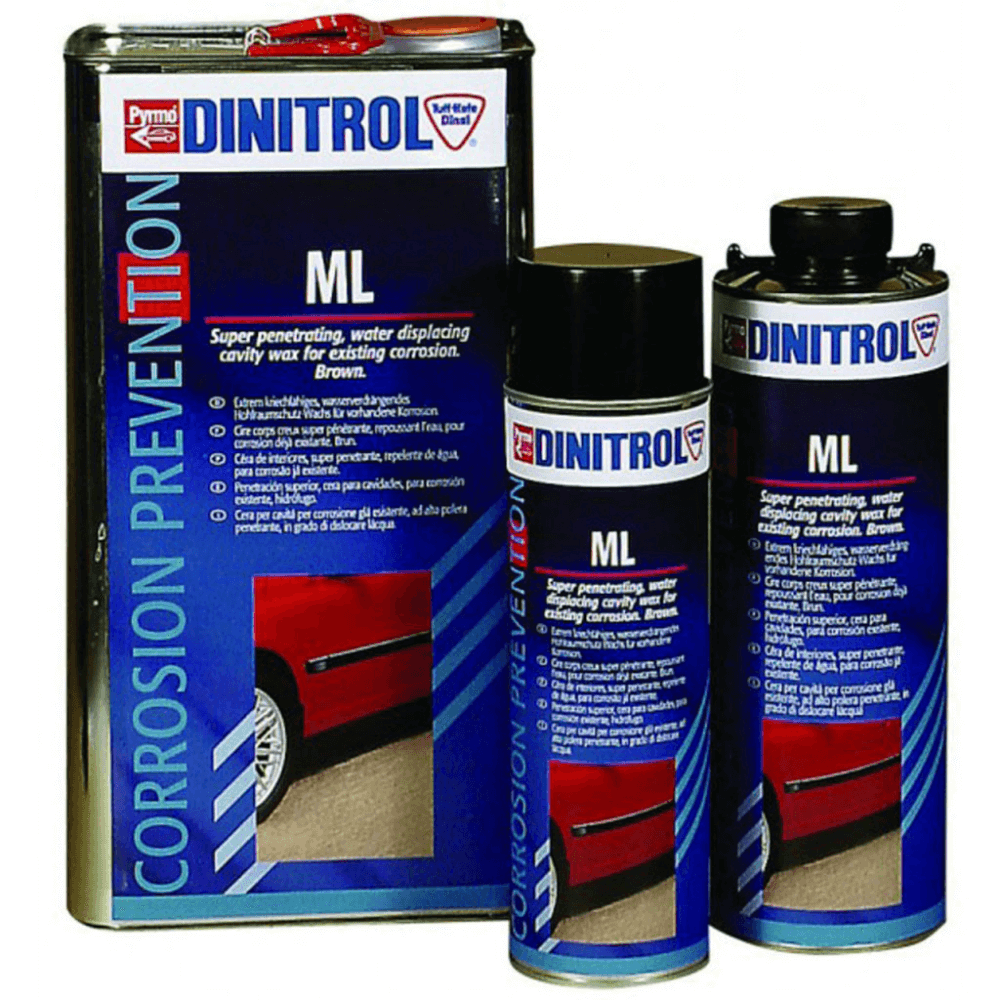
2. Mercasol
Produced in Sweden. Fully retains protective properties in brine. Well protects the body and other surfaces from corrosion.
6. Cordon
Excellent anticorrosive, thick, versatile. Processing is enough for a year and a half. It is used for external surfaces (body) and hidden (inner surface of wheel arches). Before use, mixed with a solvent, then it becomes fluid. Dries quickly, depending on thickness. Disadvantage - the smell lasts for a long time, about 2 weeks. The cost of 1 liter is 400 rubles.
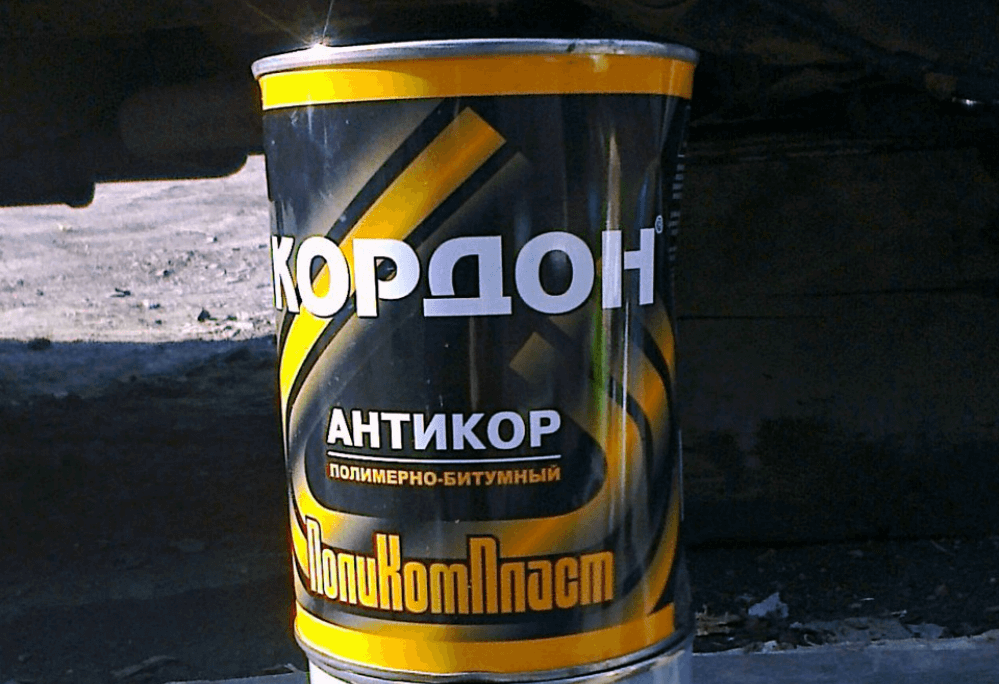
7 Rust Stop
Produced in Canada. Inexpensive anticorrosive, about 300-400 rubles per liter. Reliably protects if the body was well prepared for the use of anticorrosive. It is made for external processing, however, it is permissible to use it for internal surfaces. The disadvantage is that it is very liquid, does not freeze, flowing out of the cracks for several months.










